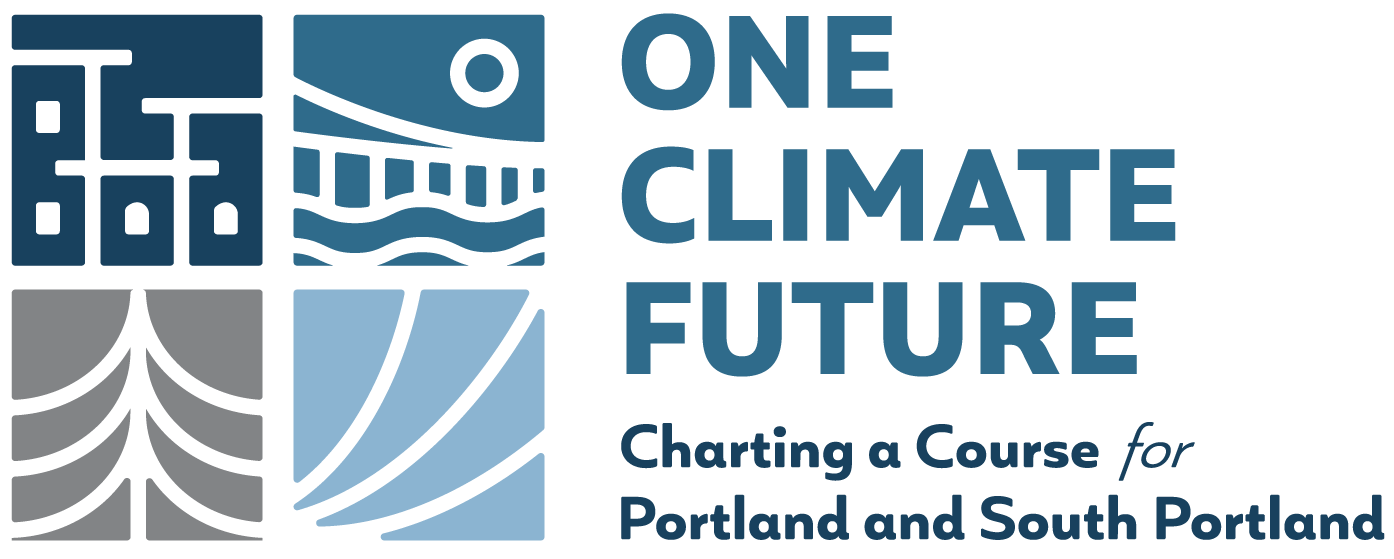Stretch Code
Photo by Ian Johnson
The Cities of Portland and South Portland have officially adopted the State of Maine Energy Stretch Code (IECC 2021).
Standards for building energy systems and energy efficiency are set at the state level through Maine’s Uniform Building and Energy Code (MUBEC), and municipalities are pre-empted from requiring greater energy efficiency or different building practices. Recognizing this, the Portland and South Portland Sustainability Offices joined with other clean energy advocates to successfully advocate for the legislature to update the state’s energy code and allow the adoption of a stricter “stretch” code that will create a pathway to net-zero energy buildings over the next decade.
Maine’s energy code is based on the International Energy Conservation Code (IECC). The IECC code is amended every three years, and with each new version, more efficient materials, technologies, and techniques are specified in the code. The State law passed in 2020 updated Maine’s energy code from the IECC 2009 version to the IECC 2015. This code update went into effect for all Maine municipalities on July 1, 2021, and applies to all new residential and commercial construction, as well as many renovations of existing structures. The Department of Energy has determined that the IECC 2015 standards are 20%-25% more efficient than Maine’s previous energy code.
The state legislature also mandated the creation of the State’s first stretch code. With input from stakeholders, including Portland and South Portland city staff, the MUBEC Board set this code as the recently released IECC 2021. Municipalities can choose to adopt this code in lieu of the state’s base code. The IECC 2021 is two cycles ahead of the new Maine base code and the Department of Energy has determined that it is 10% more efficient than the IECC 2015. Both the City of Portland and South Portland have officially adopted IECC 2021, with the code going into effect July 2021 and April 2022 for Portland and South Portland, respectively. The City of Portland will additionally be enforcing the Net-Zero Energy Appendix based on stipulations laid out in the Portland Green New Deal Citizens Referendum. Currently, Portland and South Portland are the only two municipalities in the state to adopt the stretch code.
As stated in our One Climate Future plan, building codes are the single most powerful tool that states and cities have to require higher levels of performance from new buildings. The adoption of the stretch code ensures that new and renovated buildings are built to a level of performance that will create an energy efficient building and lower potential greenhouse gas emissions. With existing buildings contributing 66% of both Portland and South Portland’s total greenhouse gas emissions, more efficient building codes, such as the stretch code, are a great way to reduce the amount of wasted energy, lower future energy bills, and reduce greenhouse gas emissions that contribute to climate change.
In February 2022, the OCF team hosted a Coffee & Climate on energy-efficient housing with special guest Jesse Thompson, Principal at Kaplan Thompson Architects. Watch the recording below!


